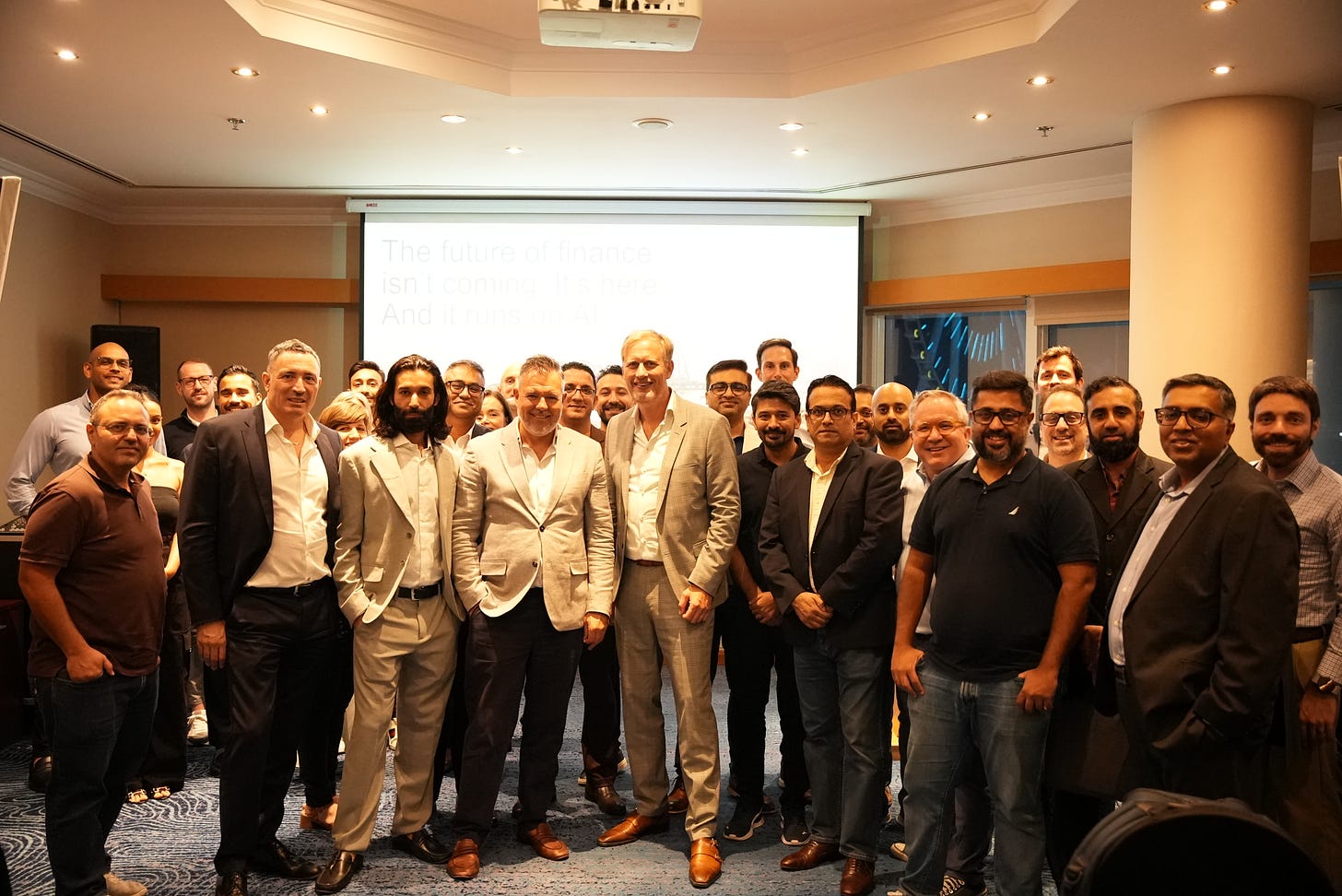How CFOs can start with AI
After my AI in finance keynote, CFOs asked me, "Where do I start?" Here's the answer.
This Friday, I was in a room full of CFOs.
One CFO claimed:
The traditional EPM stack is ending, and AI is being introduced.
Many CFOs asked me after my keynote:
What’s my next move?
How can I start with AI?
CFOs are excited about AI on the surface.
But behind the scenes, they’re unsure.
What if I fall behind?
What if I get it wrong?
What if it replaces jobs?
But the IBM CFO in the panel explained how he is using Microsoft Co-Pilot as his AI sidekick and built a mini-CFO AI version.
Which was really fascinating to hear.
There are CFOs who are watching from the sidelines.
There are CFOs who are piloting tools.
And there are CFOs who are waiting on the sidelines for AI to get better.
But while you wait, others are moving. Fast.
After 4 hours of content and conversations with CFOs, one thing is clear…
CFOs are ready for change.
Hungry to shape what comes next.
The CFO Office is being rebuilt.
Consider today’s letter an action plan for CFOs.
At the end of this letter, you’ll look at AI in finance from a perspective you were looking for.
Let’s dive in.



